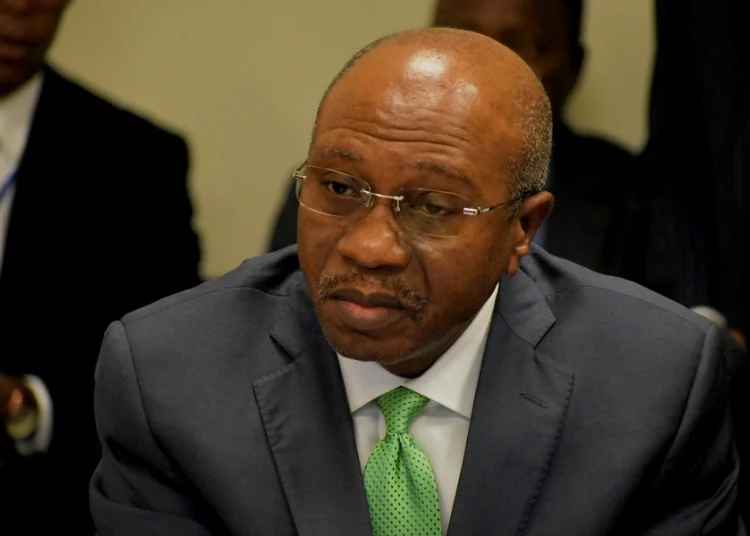The Monetary Policy Committee (MPC) members’ bespoke unconventional monetary policies have in the last eight and a half years helped Nigeria avoid going into a recession twice in four years.
Central Bank of Nigeria (CBN) governor, Godwin Emefiele made this known yesterday at the opening ceremony of the 2022 Retreat of the MPC held in Lagos where members convened to discuss ‘Monetary Policy Implementation in a Digitally evolving Developing Economy.’
The committee is commencing its two-day statutory meeting on Monday, and Emefiele said the members would be churning out new ideas and policies that will be in line with the rapidly changing digital world.
Emefiele, noted that the evolution of FinTechs, Cryptocurrencies, Digital Payments, Artificial Intelligence and Machine Learning, have changed the functioning of the financial and banking sectors, both globally and domestically, he said there is an “urgent call for the need to rethink financial system regulation, supervision and monetary policy implementation.
“While the innovations come with lot of risks and uncertainties for the sectors, they also have many benefits for positive economic transformation and particularly, financial inclusion which has been the principal catalyst for inclusive growth, poverty reduction and employment generation.”
“We have seen what is happening in the global economy and we are going to addressing those issues and see if we chart a new course and what next we should do in the coming years to see to it that we provide monetary policy direction for the Nigerian economy.
“So, we would be expecting new ideas, new strategies on monetary policy in a digitised global economy, what are going to be doing in light of the challenges posed by fintech, cryptocurrencies agents globally and what direction to take. I can assure you that after this meeting, we would see a new improved monetary policy and a new and improved CBN that would provide direction for monetary policy in Nigeria.”
The MPC at its last meeting in May this year had for the first time in two and half years raised the monetary policy rate by 150 basis points from 11.5 per cent to 13 per cent citing rising global inflation whilst admitting that the hike in MPR would increase cost of borrowing, especially in non-priority sectors of the economy.
“Monetary policy has been severely challenged, as its policy space narrowed significantly, in some cases, paradoxically and necessitating the need to rethink monetary policy in the context of emerging challenges and economic transformation”, he stated.
On how Nigeria eluded going into a recession twice in four years, he said “while the Nigerian economy has been engulfed with many crisis, just like many other countries of the world, we have been able to relatively withstand the storm overcoming two recessions within four years and have performed far better than many of our pairs, courtesy of our bespoke, homegrown and ingenious approach of adopting well thought out and home-grown policy measures that are aimed at addressing our macroeconomic challenges.
“The central banking and monetary policy relevance in the digital ecosystem is sometime challenged as the regulatory oversight functions are largely eroded or weakened by impotency of traditional tools in carrying out those functions. In order to ensure the relevance of monetary policy and the role of monetary authorities in the new digital world, MPC members must embrace themselves with advance level understanding of the interplay of digitalisation with monetary policy objectives, targets and tools.”
On his part, Deputy Governor Economic Policy Directorate, Mr. Kingsley Obiora reiterated the importance on the MPC restrategising policies suited towards embracing the global digital economy. “A global payment report for 2021 showed that last year was the first time where payments by digital wallets preceded payments by cash worldwide and the data shows that only 13 percent of payment would now be moved by cash.
“Another trend globally is the explosion of the electronic and digital trends themselves. And lastly the rise of digital currencies. These trends and movements that we are seeing are the main reasons why it is important a retreat the MPC to discuss on how we would response to these changes. We have to respond so we can make policies that would affect economic growth, inflation and all the intermediate macroeconomic factors.





